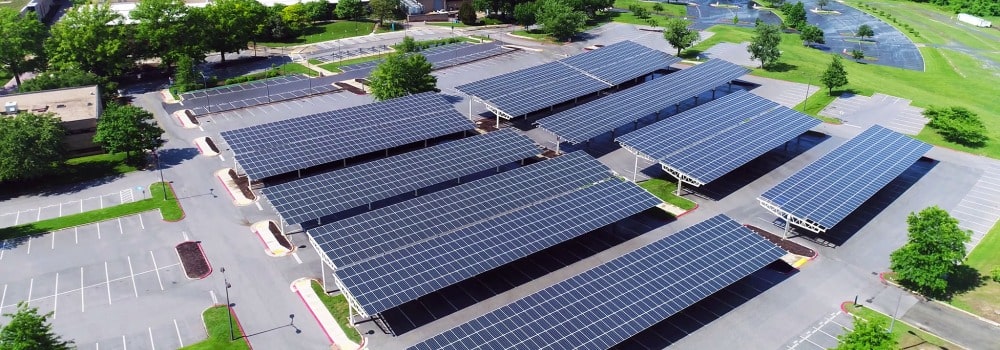
A microgrid is a small-scale version of a traditional centralized power grid, that generates and distributes electricity locally, and it can operate in parallel with or independently from the main grid. One of the benefits of a microgrid is that it can help to reduce demand charges, which are charges that commercial and industrial customers pay to their utility companies based on their highest energy usage during peak periods. Here are a few ways in which a microgrid can help to reduce demand charges:
Energy Storage: A microgrid can include energy storage systems, such as batteries, which can be used to store energy generated by the microgrid during off-peak periods, and then discharge it during peak periods. This can help to reduce the building's dependence on the main grid during peak periods, which can help to lower demand charges.
On-site generation: A company that has its own energy generation resources such as solar panels, natural gas generators, and or combined heat and power (CHP) units, the microgrid can generate its own power during peak periods, reducing the need to draw power from the main grid, which in turn reduces the peak demand charges.
Load shedding: Microgrids can be designed to automatically shed non-critical loads during peak periods, which can help to reduce the building's overall energy consumption and reduce the peak demand charges.
Demand Response: Microgrids can participate in demand response programs, where they can receive incentives from utility companies for reducing their energy consumption during peak periods, which can help to offset the costs of demand charges.
Improved energy management: Having a microgrid and energy management system integrated, allows the building managers to monitor, control, and adjust the energy usage in real-time. This can help to identify and address energy waste and reduce peak demand charges.
Overall, a microgrid can help to reduce demand charges by providing energy storage, on-site generation, load shedding, participating in demand response programs, and improved energy management. Additionally, microgrids can also improve resiliency and increase energy independence in case of grid interruption or blackouts.
Our certified demand-side managers can assist you in understanding the advantages of implementing a microgrid.
EBEB Solutions, a team of certified professionals including Energy Managers, Demand Side Managers, and Sustainable Development Professionals, offers a comprehensive range of energy audit services, including ASHRAE Level I, II, and III assessments, energy management solutions, renewable energy services, project financing options, tax and rebate assistance, and design-build services.